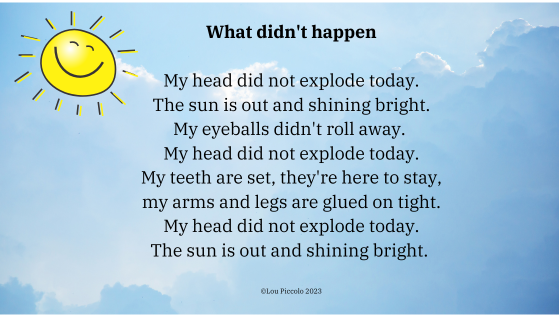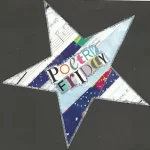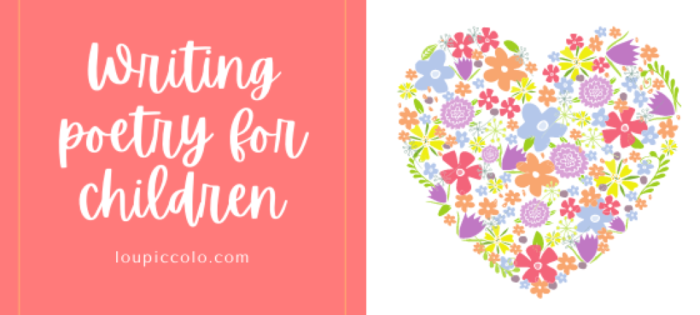Over the last few years, there’s been an emphasis on discussion about mental health issues, specifically anxiety which is more widespread than before. While these discussions are common and helpful amongst adults, explaining anxiety to children who are suffering from it can be difficult.
According to the Anxiety and Depression Association of America (2016), one in eight children are affected by an anxiety disorder. This can have far-reaching negative effects outside their immediate experience of it as research shows that children with anxiety disorders who go untreated are at higher risk to perform poorly in school, miss out on important social experiences, and engage in substance abuse. What to do?
Social-Emotional Learning
Social-emotional learning (SEL) helps children to develop the self-awareness, self-control, and interpersonal skills that will help them reach success at school, work, and in life. A large part of SEL deals with acknowledging the problem in a supportive, nonjudgmental way by talking openly about a child’s symptoms. But how?
Bibliotherapy
Stories are a great way to open dialogue between a child with an anxiety disorder and a parent or teacher. Bibliotherapy helps children to think about important issues that are relevant to them from a safe space. This is why, as an editor of children’s literature, I try hard to ensure that the writers I work with understand how relevant it is for children’s books to have child protagonists who solve their own problems, empowering readers along the way.
In addition, books help children witness and develop prosocial behavior. As children read and listen to literature they learn about other children’s feelings and see situations from other points of view, as well as come to understand their own feelings. They can recognize an issue and explore its meaning either during reading or through open-ended discussion and follow-up projects once they’ve finished a book.
Anxiety
Anxiety is unpleasant, but it’s a natural part of life–it’s a normal, human emotion like anger, happiness, excitement and grief. Many people talk about anxiety as though it’s something to get rid of, but that’s not possible. When people suffer from an anxiety disorder, what they must change is not the experience of anxiety itself, but their response to this emotion so they no longer get caught up and trapped in it. Unfortunately, we haven’t been teaching children how to do that at school until SEL became part of many school’s curricula. We taught children all about history and algebra, but when it came to dealing with difficult emotions and feelings, they were on their own.
Most people’s instinct is to fight the feelings of anxiety, but this just causes them to build up and become scarier, especially for children who don’t have the resources to look for help or speak about their experience. One of anxiety’s calling cards is the WHAT IF? When you know to look out for the WHAT IF thought process, it becomes easy to recognise that someone is in the grips of anxiety.
- What if I can’t do it?
- What if nobody likes me?
- What if I don’t make friends?
- What if I get lost?
- What if I hurt myself?
- What if …what if… what if…
There are many children’s books dealing with this question, like RUBY’S WORRY by Tom Percival, or WHAT IF, PIG? by Linzie Hunter, but what about poetry which is easily accessible and short to read? We need more of it.
National Poetry Month
As I explained in last week’s post, my project for National Poetry Month was to Tame the Triolet with a triolet-a-week. This week’s triolet deals with the WHAT IF and the things that DIDN’T happen. While they are not likely to be the sorts of things children actually worry about when being battered and bruised by anxiety gone wild, I wanted to introduce a touch of humour. Why? Because laughing is quite simply good, and we need to do as much of it as possible.

If you’d like to learn more about SEL, bibliotherapy or treating anxiety, here are some links:

Jone is graciously hosting Poetry Friday this week on her website.




Lou, your blog brings an important topic into focus. Anxiety is indeed unpleasant and leads to unwanted ideas. What if thoughts need to be looked at carefully by teachers and parents. I like the positivity and humor in your poem. The SEL movement was entrenched in many school districts in Long Island before I retired from public school administration.
Lou,
My comment disappeared so here I am again. You hit on a very serious topic-anxiety. It is indeed unpleasant and it leads in some cases to depression. SEL is an important part of the curriculum in many Long Island districts. It certainly was well entrenched in my school district when I left my public school administration job to retire as a consultant. I like how you treated your poem with positivity and humor. Your NPM project is a sound one. I look forward to reading more of your poems.
I think your comment disappeared because I have to approve them first and then, like magic, they appear! SEL is sadly not something they do in France yet, but absolutely need to. I have to wonder how long it will take before it is seen as vital.
I like the care and whimsy of your poem, Lou. I think lots of time and conversation with books would help so much. I just shared a book about differences recently and the way everyone has something to offer in our lives. There are great ones available & one child “hearing” something that touches their lives (being not alone) is so important. Thanks for the sharing!
Linda, how lovely! I think that a lot of kids feel shame because they’re ‘different’ in some way. If only they knew that everyone is and, once we get older, those differences sometimes become our defining features of which we are very proud.
Lou, what a great post about an important topic. Thank you for the links and the empathy with which you wrote this post. Your triolet is precious. If I’m anxious about something, it helps to consider all the things I have to be grateful. There is lots to be thankful for.
Agreed Denise, I didn’t make a resolution for New Year, instead I chose a word as a project. My word was ‘appreciation’ because it’s hard to really appreciate something and feel negative emotion at the same time.
Gosh that sun always helps, wish we could make it appear always… Thanks for your sweet, tender, and shining poem, love the humor in it!
There’s a song called CLINT EASTWOOD by Gorillaz that has a line saying, “I got sunshine in a bag”. I’ve always loved that line.
Perhaps we should all pop some into our totes and backpacks and carry it around with us everywhere? If only!
Lou! The triolet is a perfect way to offer a little bit of light humor. It has a Shel Silverstein feel (my boys loved the preposterous so a What If poem would’ve been a great way to diffuse light anxiety). Thanks!
Agreed! A little bit of humour always goes a long, long way.